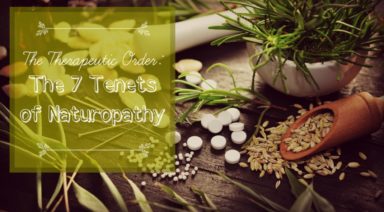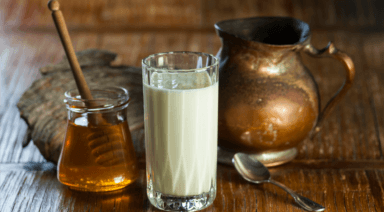5 Iron-Rich Foods for Active Vegetarians

It is not uncommon for vegetarians, especially active female vegetarians, to suffer from low iron counts. This is usually because red meat, eggs, and seafood are the easiest ways to keep iron levels high. Low iron and anemia can mean increased fatigue and exhaustion.
Here are five foods that all athletic vegetarians must try:
- Sweet Potato – A great way to incorporate a sweet touch into your savory meal, sweet potatoes are enriched with both iron and B-6 – a vitamin known to prevent over 100 health conditions, especially those related to the brain and heart.
- Lentils – Like other beans, lentils are a great source of iron, but what sets the lentil apart is their protein content: 16 grams/ serving.
- Dark, Leafy Greens – Spinach, Collards, and Chard are three easy greens to throw into your dinner to boost iron levels.
- Nuts and Seeds – These two food groups are a vegetarian must-have. Nuts and seeds contain natural fats as well as high levels of iron. Sesame seeds and pine nuts contain the highest levels of iron in their respective food groups. A handful of nuts or seeds on a busy day is a great way to get your iron, and fuel your body.
- Raw Cacao – Calling all chocolate lovers: raw cacao is 16% iron, and is an indulgent way to get your daily fix. Check out my raw chocolate mousse recipe below.
Chocolate Mousse
- 1 cup peanuts (use macadamia nuts if you want to indulge)
- ¼ cup raw cacao
- 1 tablespoon agave or raw honey
- Splash of coconut milk
- Optional: throw in some flax or chia seeds for texture
Blend together in food processor or Vitamix.
Now is the Time for an Ayurvedic Spring Cleanse

Spring has been shown to be the best time for a cleanse, which may just be the best action you can take for your health today. The ancient science of Ayurveda provides a safe, evidence-based, and comprehensive way to do it.
Cleansing, or detoxing the body, has been a key practice throughout the 5,000 years of Ayurveda’s history as a system of natural healing. Now, research explains the impressive results of the Ayurvedic cleanse.
Dr. John Douillard is a leading Ayurvedic practitioner who has been incorporating Ayurvedic detox programs in his practice for decades. He explains that poor digestion is at the core of the need for detoxification.
“I think most people don’t realize that our ability to digest well is directly linked to our ability to detoxify well,” Doulliard said. “In one survey, [it was] reported that 74 percent of the American population have a digestive imbalance of some kind, suggesting that not only are we not getting the nutrition that we need, but we’re also not getting the waste out as efficiently as we could — and there are waste, toxins, and pollutants everywhere. So, even if you eat really clean, which is obviously a really important thing, you’re still being exposed to toxicity, which means that you have to be able to digest well to detoxify that. That’s why Ayurveda is all about making sure with every change of the season, we do our best to reset — a deep rejuvenation to repair the digestion and detox organs and pathways. They’re actually creating a whole new population of bugs in your gut that are based on this year’s model, which gives you the stability and immunity for the entire year.”
Given these compelling reasons, what are the best indicators to notice if it’s time for you to do a cleanse?
“How is your digestion? Do you have a food intolerance? When you look at your tongue in the morning, if it’s white or coated, Ayurveda calls it ‘ama’ or undigested food. When you’re toxic, you’re tired, and not getting the energy from the lymph delivery of fat — your immune system is compromised and you can’t take the trash out, so it starts coming out through your skin. This gives you brain fog, headaches, rashes, indigestion; all these things begin to happen,” Douillard said.





































